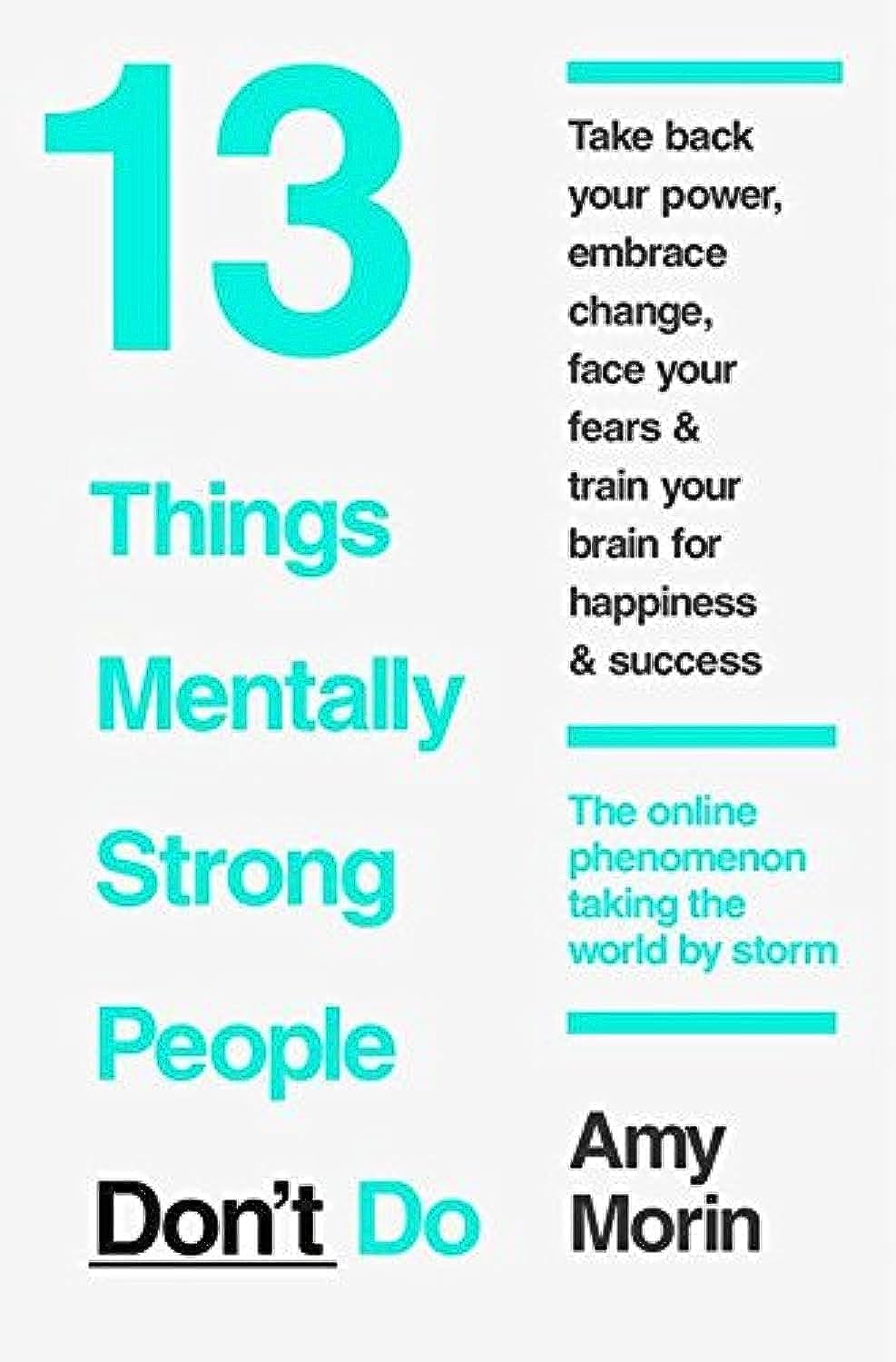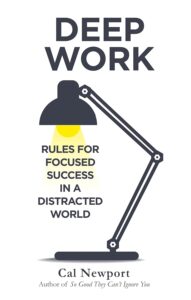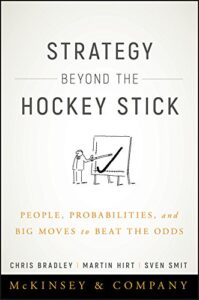Insightful Review of "13 Things Mentally Strong People Don't Do" by Amy Morin
Amy Morin's "13 Things Mentally Strong People Don't Do" offers a practical guide to developing mental strength by avoiding self-defeating behaviors.
Subjects: self help
Amy Morin’s “13 Things Mentally Strong People Don’t Do” serves as a profound exploration into the realm of psychological resilience and mental fortitude. Through a combination of personal anecdotes, clinical insights, and practical advice, Morin delineates the behaviors that hinder mental strength and offers strategies to overcome these obstacles. This book not only challenges readers to introspect and recognize their own self-limiting behaviors but also provides a roadmap to cultivating a more resilient and empowered mindset.
Morin begins by sharing her personal journey of loss and grief, which forms the foundation of her insights into mental strength. Her experiences as a therapist and her personal encounters with adversity lend authenticity and depth to her discussions on the importance of mental resilience. Each chapter addresses one of the thirteen behaviors that mentally strong people avoid, including feeling sorry for oneself, shying away from change, and fearing taking calculated risks, among others.
One of the book’s strengths lies in its relatable examples and actionable advice. Morin skillfully bridges the gap between recognizing detrimental habits and implementing practical strategies to break free from them. Her advice is grounded in psychological principles yet presented in a way that is accessible and applicable to a wide audience.
Morin’s emphasis on self-reflection as a tool for growth is particularly compelling. She encourages readers to examine their own responses to challenges and setbacks, urging a shift from a victim mentality to one of empowerment and accountability. The book makes a convincing case that mental strength is not an innate trait but a skill that can be developed through conscious effort and perseverance.
Comparatively, Morin’s work echoes the themes found in other self-help classics like “How to Stop Worrying and Start Living” by Dale Carnegie, but it stands out by focusing specifically on the psychological aspects of strength. While Carnegie provides broad advice on managing worry and living a fuller life, Morin zeroes in on the psychological habits that specifically obstruct mental resilience.
However, the book could have benefited from a more diverse range of examples beyond Morin’s clinical and personal experiences, to include a wider array of challenges faced by people from different backgrounds. This broader perspective could have enriched the book’s applicability and resonance with a more diverse audience.
In conclusion, “13 Things Mentally Strong People Don’t Do” is a valuable resource for anyone seeking to enhance their mental resilience. Morin’s blend of personal narrative, psychological research, and practical advice provides a compelling guide for overcoming life’s hurdles. Readers will find themselves equipped not only with the knowledge of what behaviors to avoid but also with the tools to foster mental strength and resilience. This book is a must-read for those on the journey of self-improvement and personal growth, offering insights that are both transformative and empowering.
Here is a list of the 13 things Mentally Strong People Don’t Do :
- They Don’t Waste Time Feeling Sorry for Themselves: Mentally strong individuals avoid self-pity, recognizing it as a destructive behavior that prevents effective problem-solving and moving forward.
- They Don’t Give Away Their Power: They maintain control over their actions and emotions, understanding that giving others the power to make them feel inferior or bad is a choice.
- They Don’t Shy Away from Change: Embracing change rather than fearing it, mentally strong people understand that change is necessary for growth and improvement.
- They Don’t Focus on Things They Can’t Control: By concentrating on what they can control, mentally strong individuals don’t waste time or energy on uncontrollable aspects of life.
- They Don’t Worry About Pleasing Everyone: Recognizing it’s impossible to please everyone, they focus on living according to their values and pleasing themselves first.
- They Don’t Fear Taking Calculated Risks: They assess risks logically and don’t let fear hold them back from taking actions that could lead to rewards.
- They Don’t Dwell on the Past: Mentally strong people learn from the past but don’t get stuck reliving or ruminating over it, focusing instead on the present and future.
- They Don’t Make the Same Mistakes Over and Over: They take responsibility for their actions, learn from mistakes, and make efforts to avoid repeating them.
- They Don’t Resent Other People’s Success: Instead of feeling jealous or bitter about others’ achievements, they feel inspired and motivated to improve their own lives.
- They Don’t Give Up After the First Failure: Understanding that failure is part of the process to success, they persist through setbacks with resilience.
- They Don’t Fear Alone Time: They value and enjoy their own company, using solitude to reflect, plan, and be productive.
- They Don’t Feel the World Owes Them Anything: With a mindset of self-reliance and hard work, they don’t expect success or happiness to be handed to them.
- They Don’t Expect Immediate Results: Recognizing that real progress takes time, they exhibit patience and persistence towards achieving their goals.




